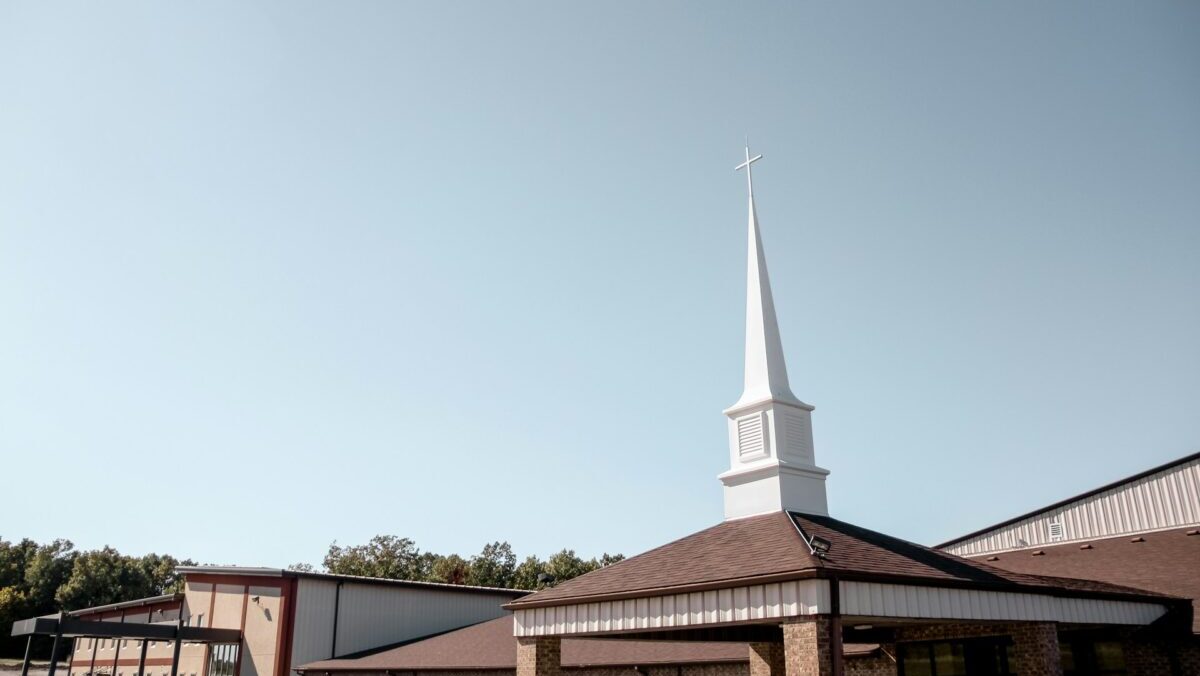I’ve always been a big advocate for live-streaming church services. Certainly, I’d rather people come in person and experience worship personally. But there are also times when people can’t attend, are too far away, or are curious and want to check you out online before they show up. So, for whatever reason, if they can’t come, I’d still like them to engage in the experience of your service online.
However, there are times when live-streaming isn’t a good idea. In fact, I’ve seen a few live-streamed services that made me cringe. So, as a reminder, here are a few times when I’d recommend you keep things local and not go online:
RELATED: For more stories from church media expert Phil Cooke, click here.
1. When for whatever reason, the pastor is sharing personal comments designed for the church family only. There are plenty of times when the pastor wants to address a personal, congregational issue, or a member or family might be embarrassed if people outside the church knew the situation. Whatever the circumstance, when it’s a service where you’re taking care of “family business,” I would probably turn off the live-stream and keep it local. (Or better yet, put a previous service on the live-stream.
2. When church discipline is involved. I know various churches view church discipline differently, and many churches don’t do it at all. But if, for Biblical reasons, you’re calling out someone on Biblical discipline grounds or informing the congregation of disciplinary action, then that’s probably not for the general public. Once again, it may be time to live-stream a previous service.
3. When a service involves an extremely sensitive testimony. Perhaps it’s a member who’s sharing their past story of sexual abuse, drug trafficking, violence, or other sensitive, personal topics. Don’t ever assume they want the world to know. Either ask permission upfront or drop the live-stream.
I could go on, but you get the idea. We’re all human beings, so as much as I support live-streaming services, it’s always risky. Sometimes, an innocent joke isn’t received well; at other times, you make a huge mistake in your message. Whatever it is, always be sensitive to the congregation and know that some things don’t need to be broadcast to the world.
However — keep in mind that this isn’t about hiding or covering anything up. If you’re dealing with a legal, sexual, or abusive situation — especially when authorities need to be notified, then things need to be transparent, honest and straightforward. You can find out more about those issues and how to respond in my book “Church on Trial: How to Protect Your Congregation, Mission, and Reputation During a Crisis.”
The key here is knowing when it’s a subject that only involves church members and not the general public.
Especially in the age of social media, privacy and discretion are still important.
EDITOR’S NOTE — This story was written by church media expert Phil Cooke and originally published by philcooke.com.










